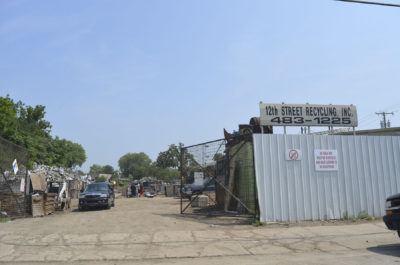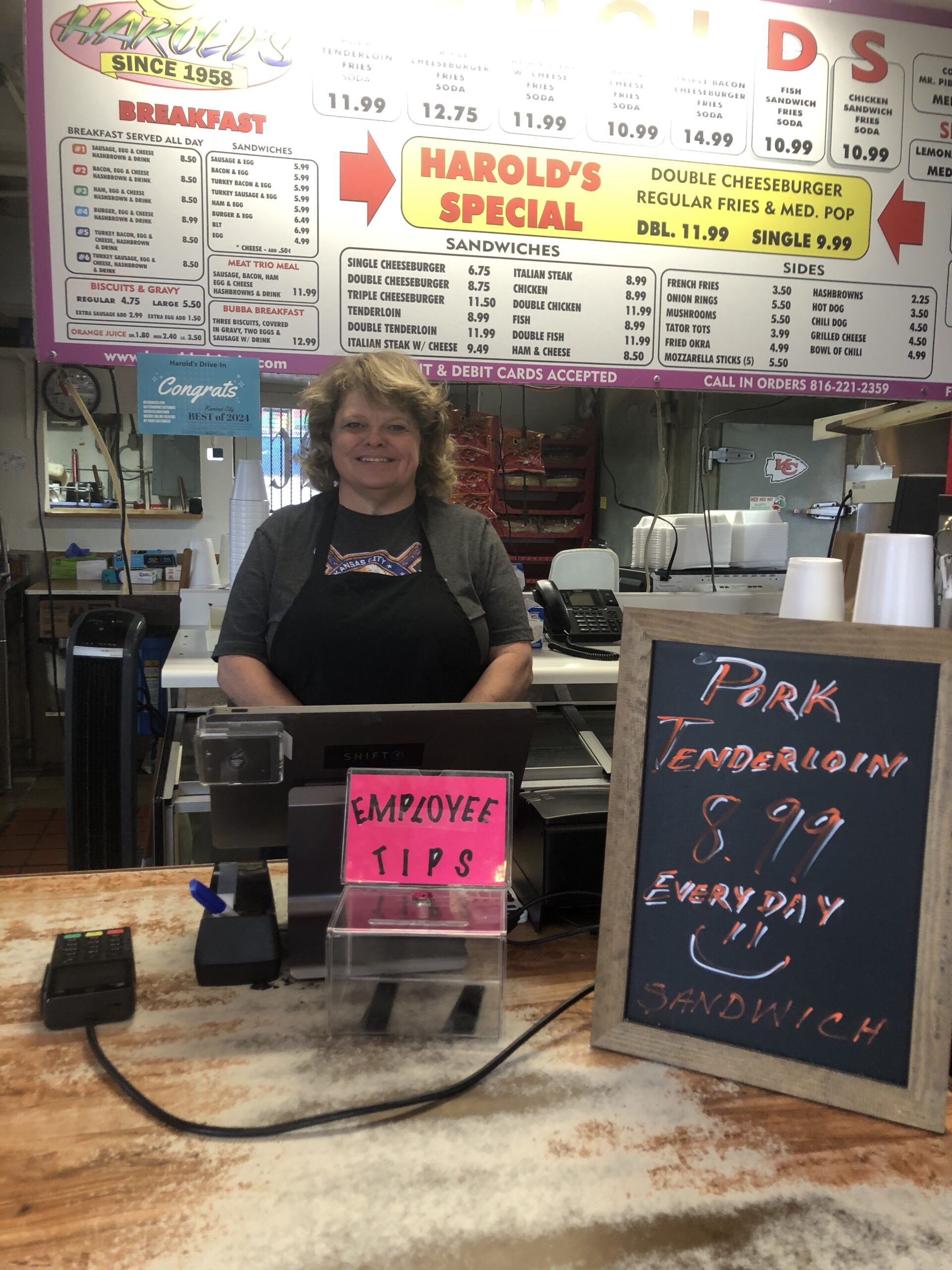Elizabeth Orosco
Northeast News
Community members and neighborhood residents from the Historic Northeast gathered Thursday, Jan. 17 to discuss the the next step in the negotiated scrap metal ordinance that was passed last month: enforcement. Neighborhood leaders discussed what the process will look like, the measure of success, and what residents can do to help sustain the ground that was won.
While certain portions were not included, the negotiated ordinance adds amended measures that will hopefully, in time, prove to reduce the criminal scrapyard activity that has plagued the Northeast community, its history, and character.
The ordinance is the result of many frustrated Northeast residents voicing concerns over the criminal scrapping activity that is leaving historic homes stripped beyond rehabilitation, placed on the dangerous buildings list, or catching fire.
Last year, a State of the Northeast Forum was held to present various issues to a panel of elected officials. The scrap metal issue was one of five on the list of Call To Action. The turnout of 130 people and a 10-person panel proved that this issue was of major concern to local residents.
In August 2018, the neighborhoods came together to present an ordinance to the Council after much collaboration with neighborhood leaders, residents, Kansas City Police Department, and Regulated Industries.
The result was an ordinance that would add the prohibition of trafficking of burnt copper wire, eliminate the trade of metal, and continue the requirement of showing a valid ID when selling.
While these were added, cash transactions and a three-day hold on payment were not included in the ordinance.
While many neighborhood residents were vocal in their frustration that those two items were not added into the ordinance, the overall agreement is that this is still a big win for the Historic Northeast.
Mary Cyr, Director of Northeast Alliance Together, addressed the issue of measuring the success of the negotiated ordinance. As the homes are scrapped beyond repair, they are often placed on the dangerous buildings list.
She said by tracking the number of homes that are placed on the dangerous buildings list, residents can hope to see a steady decline in the number, and therefore, know that the ordinance is working.
A large need that was expressed in the meeting was the staffing numbers at Regulated Industries. The Regulated Industries Division oversees compliance for a number of businesses through the enforcement of various City ordinances, and in partnership with county, state and federal officials, which includes secondary metal recycling yards.
Regulated Industries Division commonly takes action against a business’ license or permit that is required for a business to be open. If a violation is found, a meeting is set with the designated agent of the business to discuss the violation and what action, if any, will be taken.
Jim Ready, Manager of Regulated Industries said if a secondary metal recycling yard is found to be in violation of an ordinance, the proper protocol needs to be followed to determine what steps will be taken in regard to the violation.
“The issue is that no two violations are the same when you consider the circumstances surrounding a violation so even though we may have an idea of what action we want to take, we don’t necessarily know until we have seen all the evidence and know the circumstances regarding the violation committed,” Ready said in an email to The Northeast News.
Currently, Ready said he has eight staff members, but much of their workload includes processing licenses and “putting out fires” of various investigations and issues.
Scott Wagner, Mayor Pro Tem, suggested that residents attend one of City Council’s four upcoming budget meetings and advocating for more personnel to be added to Regulated Industries, something he says he has never seen in his time working with the City.
Wagner also urged community members to do their part in enforcing the ordinance.
“It is important that you be Jim’s eyes and ears, to sustain enforcement of what we’ve got here,” he said.
Overall, Ready said that while the negotiated ordinance does not include two portions that residents hoped to achieve, much ground has been gained for the Historic Northeast in terms of tackling criminal scrapping activity.
“This is a big win for the community and it wouldn’t be possible without the help of everyone in the Northeast.”


















